-
Tecnologias
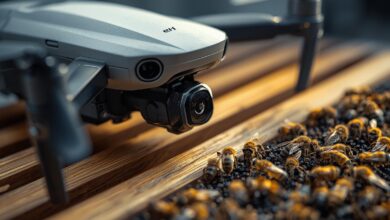
Tecnologias Inovadoras na Apicultura Drones e Colmeias Modernas
As abelhas são essenciais para o mundo. Elas polinizam plantas e produzem mel. Mas cuidar delas não é fácil. Hoje,…
Leia mais » -
Pragas
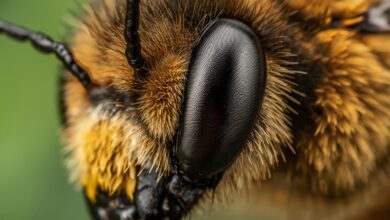
Combate Eficaz a Pragas na Apicultura: Estratégias Sustentáveis
As abelhas são incríveis. Elas fazem mel doce e ajudam as plantas crescerem. Mas pragas podem machucá-las. Pragas são bichinhos…
Leia mais » -
Receitas
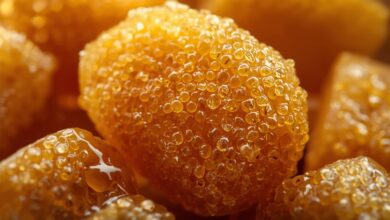
Receitas Deliciosas com Produtos da Apicultura: Do Mel Caseiro
Você já provou um mel fresquinho, tirado direto da colmeia? Ele é dourado, cheiroso e adoça a vida. A apicultura…
Leia mais » -
Benefícios
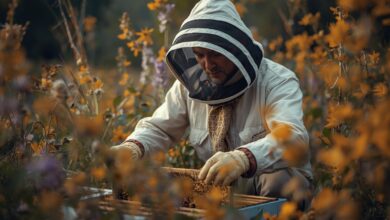
Benefícios da Apicultura para a Saúde e o Meio Ambiente
As abelhas voam de flor em flor. Elas fazem mel. Mas benefícios da apicultura vão muito além do doce. Esta…
Leia mais » -
Benefícios
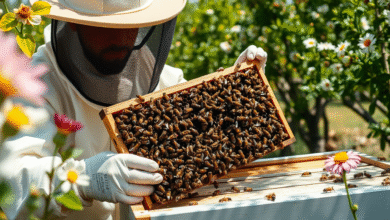
Apicultura Como Abelhas Impulsionam a Natureza
Imagine um mundo onde não existissem cores vibrantes nas flores, frutas doces nas árvores ou vegetais frescos na sua mesa.…
Leia mais » -
Apicultura
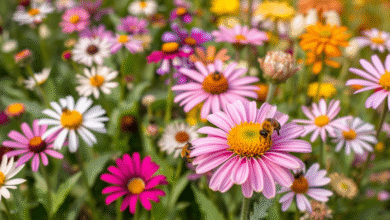
Polinização Razão pela Qual Abelhas São Indispensáveis
Você já parou para pensar no que aconteceria se as abelhas simplesmente desaparecessem do mundo? Talvez você ache que isso…
Leia mais » -
Receitas

Pão de Banana com Mel e Nozes Crocantes A Receita
Você já sentiu aquele cheiro gostoso de pão caseiro saindo do forno? É uma sensação que aquece o coração e…
Leia mais » -
Tecnologias
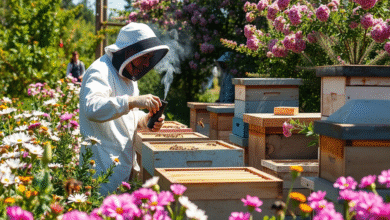
Drones e IA Revolucionam Mapeamento Territorial
Você já imaginou que um dia seria possível usar pequenos aviõezinhos sem piloto para ajudar as abelhas? Ou que computadores…
Leia mais » -
Tecnologias
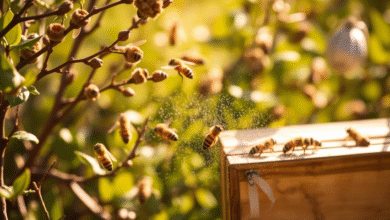
Inovação Apícola: Tecnologia que Revoluciona
Você já imaginou que um dia seria possível cuidar de abelhas usando a mesma tecnologia do seu celular? Parece coisa…
Leia mais » -
Receitas

Receitas com Mel Natural Caseiro Delicias
Você já imaginou como seria maravilhoso cozinhar pratos deliciosos que, além de satisfazer seu paladar, ainda cuidam da sua saúde?…
Leia mais »
